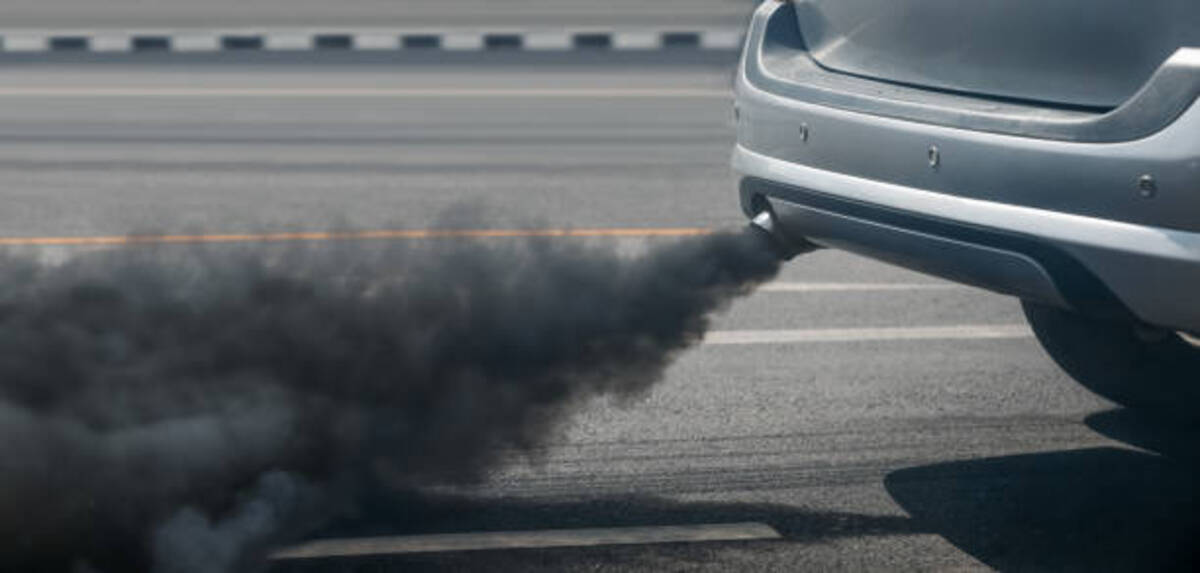The European Union reached an agreement this week on a law that will effectively ban the sale of new petrol and diesel cars. This law will come into force beginning in 2035. EU has a goal to speed up the transition primarily to EVs – i.e. electric cars and vans, and at the same time to use that transition as a way to fight climate change.
Officers authorized to negotiate on behalf of the EU countries and the European Parliament must both approve new EU laws. And the European Commission is the one that drafts new laws. All three parties (for now) agreed that carmakers must achieve a 100% reduction in CO2 emissions by 2035. It will be done by making new fossil fuel-powered vehicles impossible to sell in the 27-country bloc.
They say: That EVs will be cheaper
Parliament’s lead negotiator Jan Huitema commented that this agreement is good news for car owners. According to his opinion, new zero-emission vehicles will become cheaper, making them more affordable and accessible to everyone.
EU climate policy chief Frans Timmermans said that this agreement sends a strong signal to industry and consumers. According to Timmermans, Europe is embracing the transition to zero-emission mobility, and that means EVs.
The agreement also encompasses a 55% reduction in CO2 emissions for new cars sold after 2030. The comparable year is 2021. This is significantly higher than the previous target of a 37.5% reduction after the mentioned target year.
New vans must comply with a 100% CO2 reduction by 2035. They have to measure a 50% reduction by 2030 compared to 2021 levels.
This is not the first time this subject is a matter of discussion in the EU circles. Regulators increasingly put pressure on vehicle producers to reduce their carbon footprint. Many of them, like Volkswagen for example, already announced they will invest in the electrification of the vehicles they produce.
Well, electrics are not the only green solution
Of course, when the law was proposed in July last year, it faced with some opposition. European car industry association ACEA was against banning some technologies claiming they can be used as a bridge between fossil fuel vehicles and electric ones. ACEA pointed out that internal combustion engines and hydrogen vehicles can play a significant role in the low-carbon transition, especially in adjusting existing vehicles.
This week, negotiators agreed that the EU will draft a proposal outlining how cars powered by “CO2-neutral fuels” can sell after 2035.
There will be exceptions for small car producers though. The ones that produce less than 10,000 vehicles per year can have lower targets until 2036. But after that, they must meet the zero-emissions standard.
The law is the first finalized as part of a larger package of new EU policies aiming to meet the bloc’s greenhouse gas emission reduction targets.
Having in mind a recession in EU countries, it seems a difficult decision to promote laws like this one which will burden both the producers and consumers. But, Brussels is seeking agreements on two more environmental laws during the United Nations climate talks in November.

